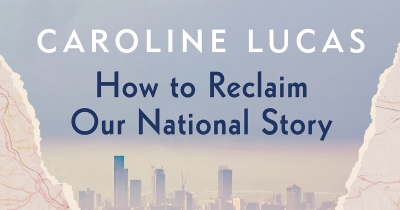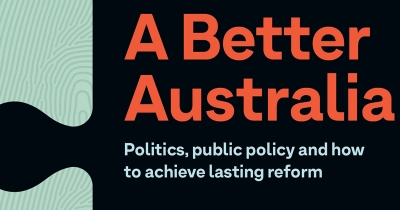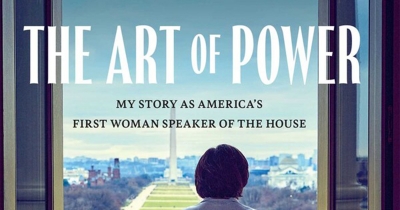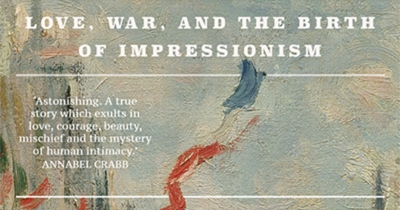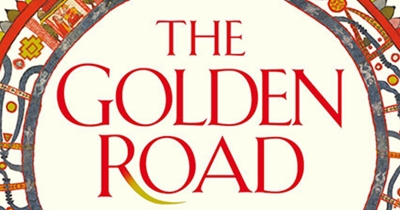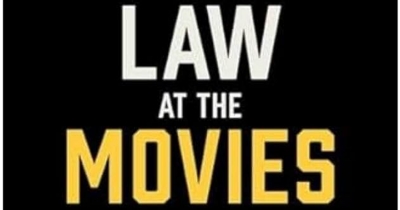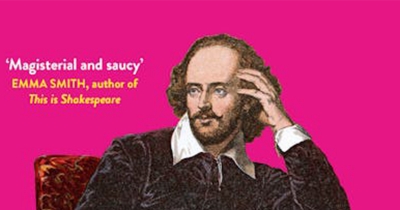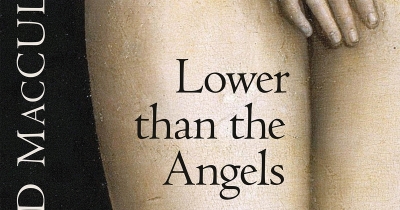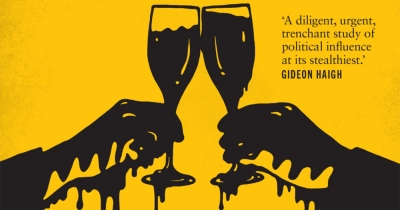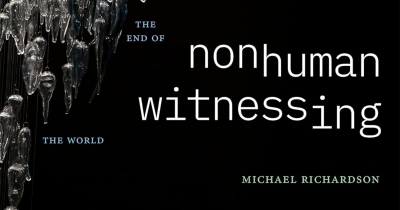Review
Another England: How to reclaim our national story by Caroline Lucas
by Ben Wellings •
A Better Australia: Politics, public policy and how to achieve lasting reform by John Brumby, Scott Hamilton, and Stuart Kells
by Frank Bongiorno •
The Art of Power: My story as America’s first woman Speaker of the House by Nancy Pelosi
by Marilyn Lake •
Paris in Ruins: Love, war, and the birth of Impressionism by Sebastian Smee
by Peter McPhee •
The Golden Road: How ancient India transformed the world by William Dalrymple
by Marika Vicziany •
Law at the Movies: Turning legal doctrine into art by Stanley Fish
by Richard Leathem •
Straight Acting by Will Tosh & The Hollow Crown by Eliot A. Cohen
by Tim Byrne •
Lower than the Angels: A history of sex and Christianity by Diarmaid MacCulloch
by Miles Pattenden •
Slick: Australia’s toxic relationship with big oil by Royce Kurmelovs
by Stuart Kells •
Nonhuman Witnessing: War, data, and ecology after the end of the world by Michael Richardson
by Declan Fry •

